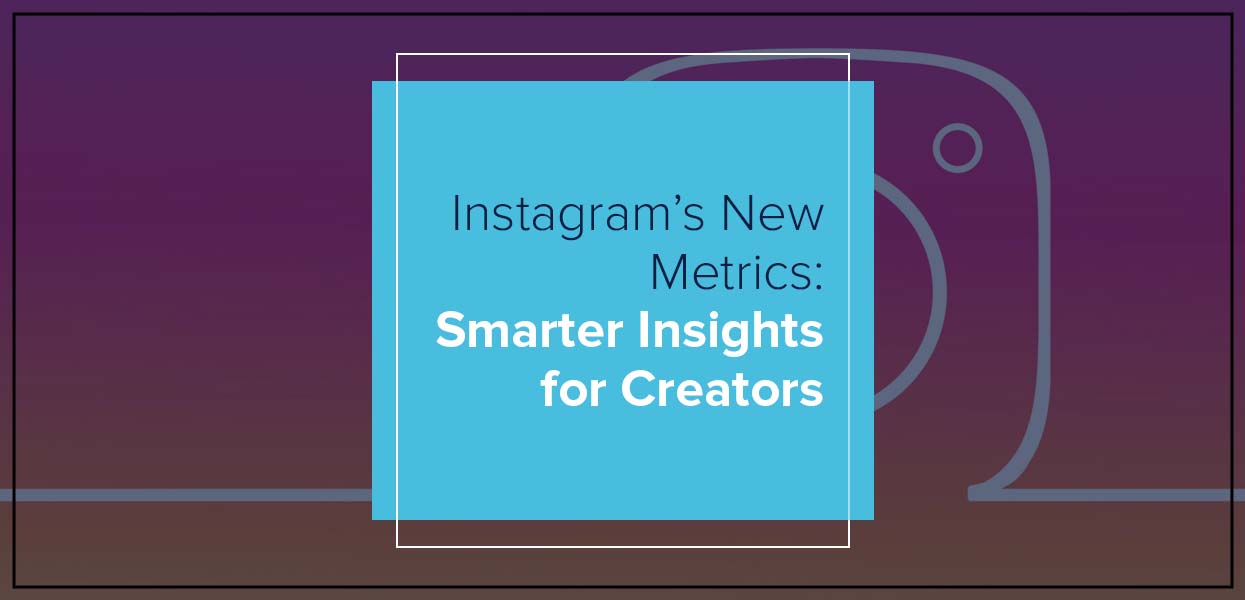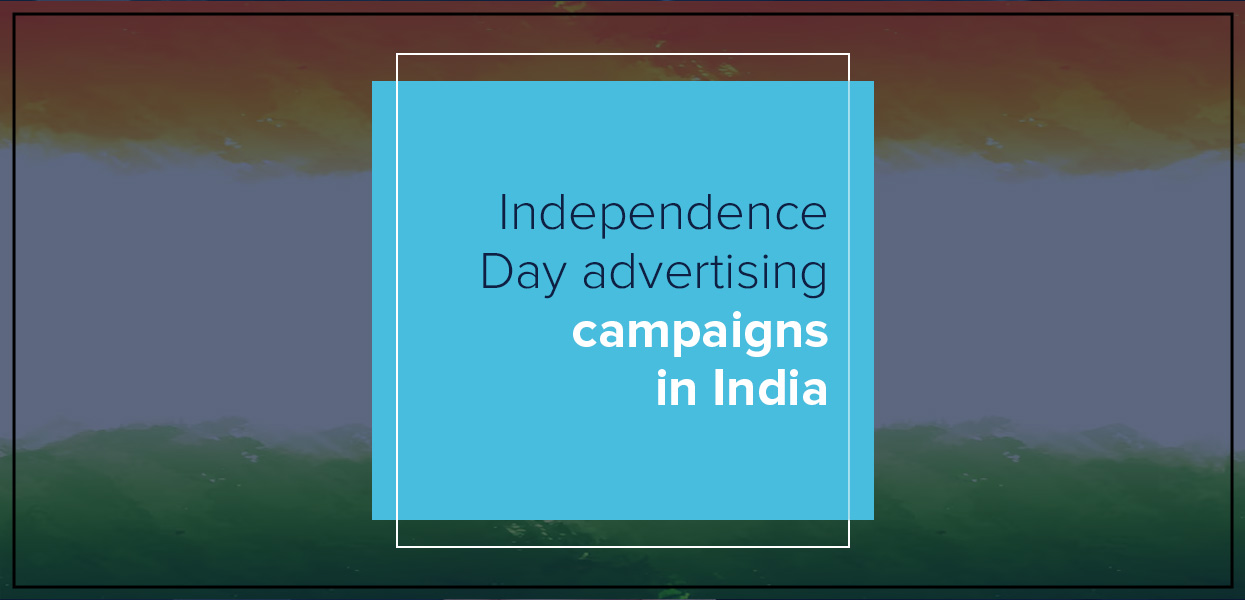How Interactive Landing Pages Improve Campaign Performance

Interactive landing pages significantly boost performance marketing results by enhancing user engagement, improving conversion rates, and optimizing ad spend. By providing a dynamic and engaging experience, these pages capture user attention, convey information effectively, and encourage desired actions, ultimately leading to better campaign performance.
What Are Interactive Landing Pages?
Unlike static landing pages that offer limited engagement, interactive landing pages include elements like quizzes, calculators, clickable infographics, videos, sliders, product configurators, and chatbots. These components make the experience more immersive and user-driven. Instead of simply reading, users are encouraged to do something — and that interaction is what drives results.
Why Interactivity Matters in Performance Marketing
Performance marketing is all about measurable outcomes — clicks, conversions, sales, leads. Interactive content marketing aligns perfectly with this goal because:
They increase time on page, reducing bounce rates.
They create a two-way communication between brand and user.
They offer personalized user journeys, leading to better-qualified leads.
They make it easier to track user intent and behavior.
The result? Better ad quality scores, lower cost-per-click (CPC), and higher return on ad spend (ROAS).
1. Enhanced Engagement Leads to Better Conversion Rates
Interactivity keeps users invested. For instance, a skincare brand might use a “Find Your Routine” quiz on its landing page. Not only does this reduce decision fatigue, but it also increases the likelihood of a purchase, because users feel their results are customized.
In fact, studies show that interactive content gets twice the engagement of static content. For conversion rate optimization, that means more users progressing through your funnel — not just visiting and leaving.
Try This:
Include a quiz, short poll, or visual product selector that helps guide the user to a choice. Tools like Typeform, Outgrow, and Jebbit make this easy.
2. Improved Ad Relevance and Lower CPC
Platforms like Google Ads and Meta reward high-performing landing pages. If your landing page drives better interaction and time on site, your quality score improves — and so does your ad performance.
Because interactive pages are more relevant and user-friendly, they tend to:
Improve click-through rate (CTR)
Lower bounce rate
Signal high intent to ad platforms
This often results in lower CPC advertising costs and higher impression share, meaning your ads work harder for less money.
3. Personalization That Converts
Interactive landing pages allow you to segment users in real time. When someone completes a quiz or selects preferences, you learn something about their intent, goals, or needs. That information can power:
Dynamic follow-up emails
Retargeting campaigns
Personalized offers or product recommendations
This is a smart lead generation strategy — especially when your campaign relies on building an email list or pipeline of marketing-qualified leads.
4. Better Data Collection (Without Killing UX)
Let’s face it — no one enjoys filling out long, static forms. Traditional lead capture methods are often perceived as barriers, especially on mobile. That’s where interactive lead generation flips the script.
With interactive landing pages, data collection becomes seamless, engaging, and user-friendly. Instead of confronting users with a bulky form, you invite them into an experience — like a quiz, product recommender, or a guided survey. These elements not only collect valuable inputs, but they do so in a way that feels conversational and helpful.
For instance, a fitness brand might offer a “Find Your Perfect Workout Plan” quiz. As users engage, the brand gathers useful data — like fitness goals, current routines, or location preferences — without asking directly. At the end, it asks for an email address to send personalized recommendations. This zero-party data collection not only enhances user experience but gives brands high-quality, willingly shared insights.
The benefits extend beyond engagement:
Lower form abandonment rates, especially on mobile
Real-time segmentation for email marketing automation
Integration with CRMs like HubSpot, Zoho, or Salesforce for instant follow-up
Enhanced behavioral data through heatmaps and scroll tracking tools
This approach also fuels your conversion tracking strategy, helping you understand what type of users are converting and why. And because it feels less like a sales pitch and more like a conversation, users are more likely to follow through.
In an era where privacy and data transparency are vital, interactive form design becomes a competitive edge. You’re not just collecting information — you’re building trust and delivering value. That’s a win for users and a bigger win for your performance campaigns.
5. Boost in Mobile Performance
Over 60% of users interact with landing pages on mobile. Static landing pages often fail to hold attention on small screens. But interactive elements like tap-to-reveal answers, swipes, or instant calculators improve mobile engagement.
Mobile-friendly landing pages are no longer optional — they’re essential. They also help improve your Google rankings and ensure consistency across all devices.
Tip: Always test your interactive landing page across devices. Use responsive tools and optimize load times to ensure the experience is smooth everywhere.
6. Real-Time Feedback and Optimization
Interactive pages let you gather immediate feedback on user behavior. Which answers do users pick? Where do they drop off? Which CTAs are working?
These insights allow for:
Faster A/B testing
Better UX improvements
Smarter ad targeting based on user selections
This aligns with what’s automatically optimized with a Performance Max campaign — better conversion tracking and creative automation powered by user engagement signals.
Examples of Brands Using Interactive Landing Pages
Nike: Offers a “Find Your Perfect Fit” quiz for running shoes, increasing product relevance and reducing returns.
HubSpot: Uses website grader tools to not only deliver value but also capture warm leads.
Sephora: Combines product selectors with video reviews for a fully immersive experience.
Even smaller brands can replicate these formats with the right tools and storytelling approach — a big win for small business marketing.
Getting Started: Tools to Build Interactive Pages
You don’t need a custom dev team to create these pages. Here are tools that can help:
Outgrow – For calculators and quizzes
Unbounce – Drag-and-drop builder with A/B testing
Typeform – Conversational forms and surveys
Landbot – For chatbot-style interactive journeys
Tally – Great for lightweight multi-step forms
They integrate seamlessly with digital advertising platforms and CRMs, helping you keep your funnel tight and traceable.
Final Thoughts
Interactive landing pages are no longer a “nice to have” — they’re essential for marketers who want to drive measurable results from every click. As digital competition increases and attention spans drop, engagement marketing becomes the new standard.
By designing landing pages that invite participation, not just observation, you empower your audience to act — and that’s exactly what performance marketing is about.
Thoughtfully designed experiences, like those shaped at Uniworld Studios, often do more than they seem on the surface.
Categories
- Digital Marketing
- Website Development
- Graphic Design
- Content Writing
Latest Posts
-
- Essential Marketing & Advertising Keywords 2025



